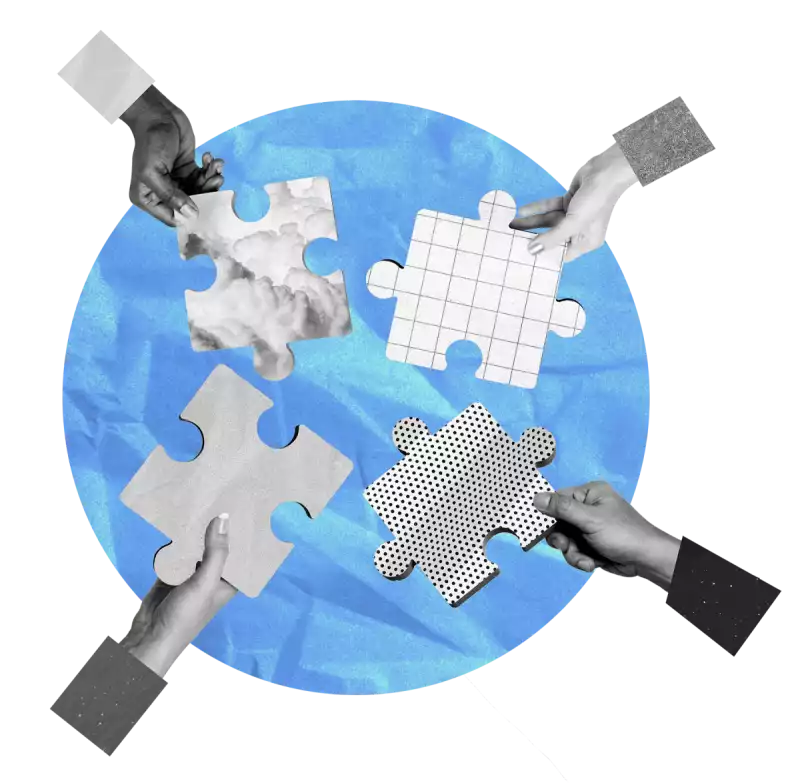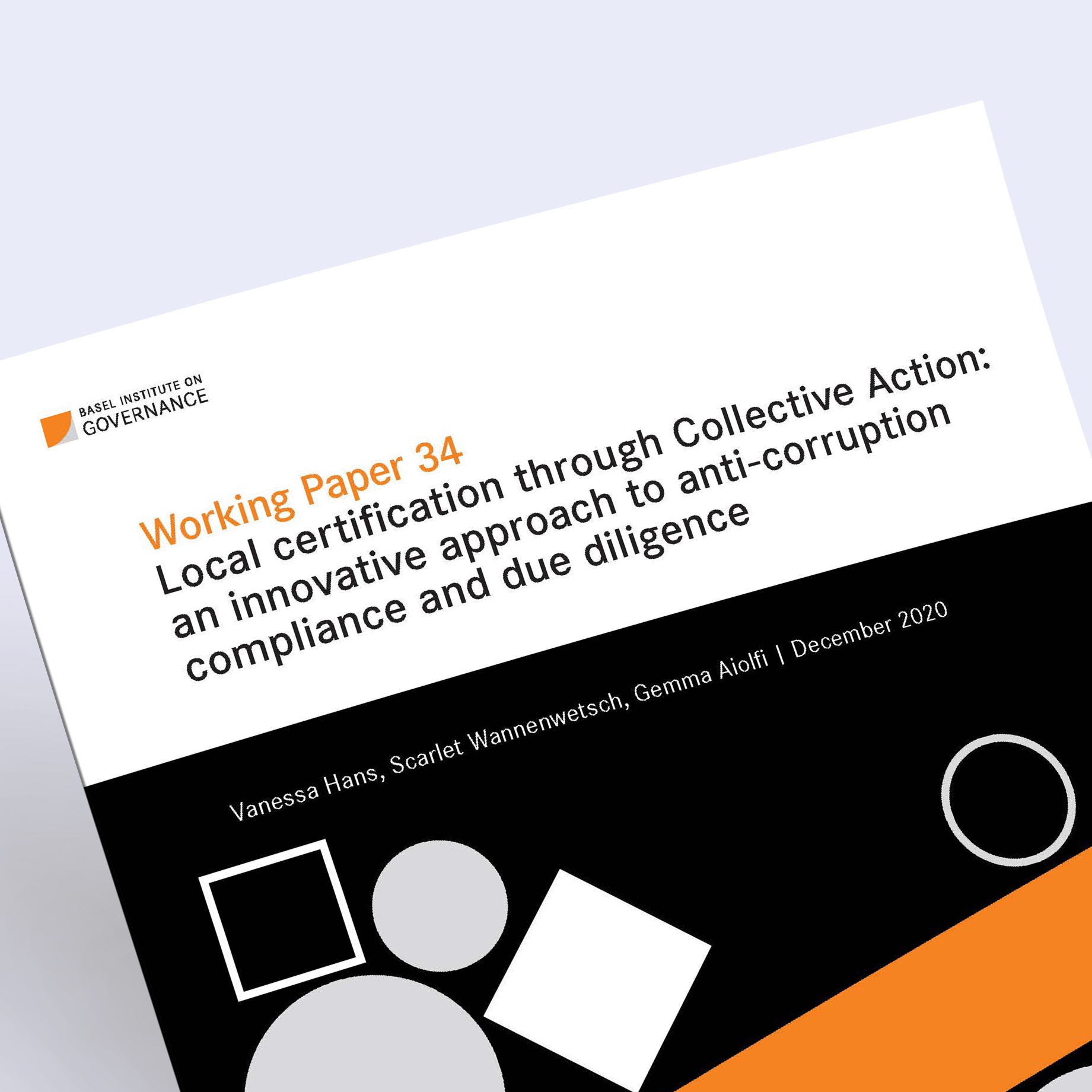Collective Action B20 HUB
Join forces against corruption
Bringing together businesses and other stakeholders to solve shared problems of corruption in industries worldwide

Collective Action
Initiatives
worldwide
Database
Explore Collective Action initiatives worldwide
Search for anti-corruption Collective Action initiatives by keyword, country or sector in this open database.
Explore
Find out about different Collective Action tools and approaches to address corruption and raise standards of governance in a sector, country or region.

High Level Reporting Mechanism
A channel to raise and quickly resolve alerts about suspected bribery or unfair business practices in public tenders

Integrity Pacts
A flexible tool to raise transparency and fairness in public procurement and reduce corruption risks

Certification
An innovative approach to due diligence through Collective Action, bringing multinational companies and local suppliers together

Human rights
Connecting anti-corruption compliance programmes with efforts to address business human rights

B20 & anti-corruption
B20-G20 dialogues on integrity and anti-corruption over the years, and how to enhance their effectiveness

Initiatives database
Helping companies, anti-corruption practitioners and researchers find information on anti-corruption Collective Action initiatives around the world.

Publications
Research, evidence and analysis of Collective Action tools and approaches by the Basel Institute and others.
Get involved
Join a global network of practitioners from the public and private sectors and civil society. All are united by one goal: to work collaboratively to address corruption and raise standards of integrity in business.

Helpdesk
A free advice service on any aspect of anti-corruption Collective Action

Mentoring Programme
Hands-on support for organisations working with the private sector on corruption issues

Events
See upcoming conferences and workshops on anti-corruption Collective Action
News & Blog
Latest events and announcements by the Basel Institute’s Collective Action team and partners.
Helpdesk Knowledge Hub
The Collective Action team at the Basel Institute on Governance provides a free advice service for anti-corruption practitioners and other professionals or government officials.

